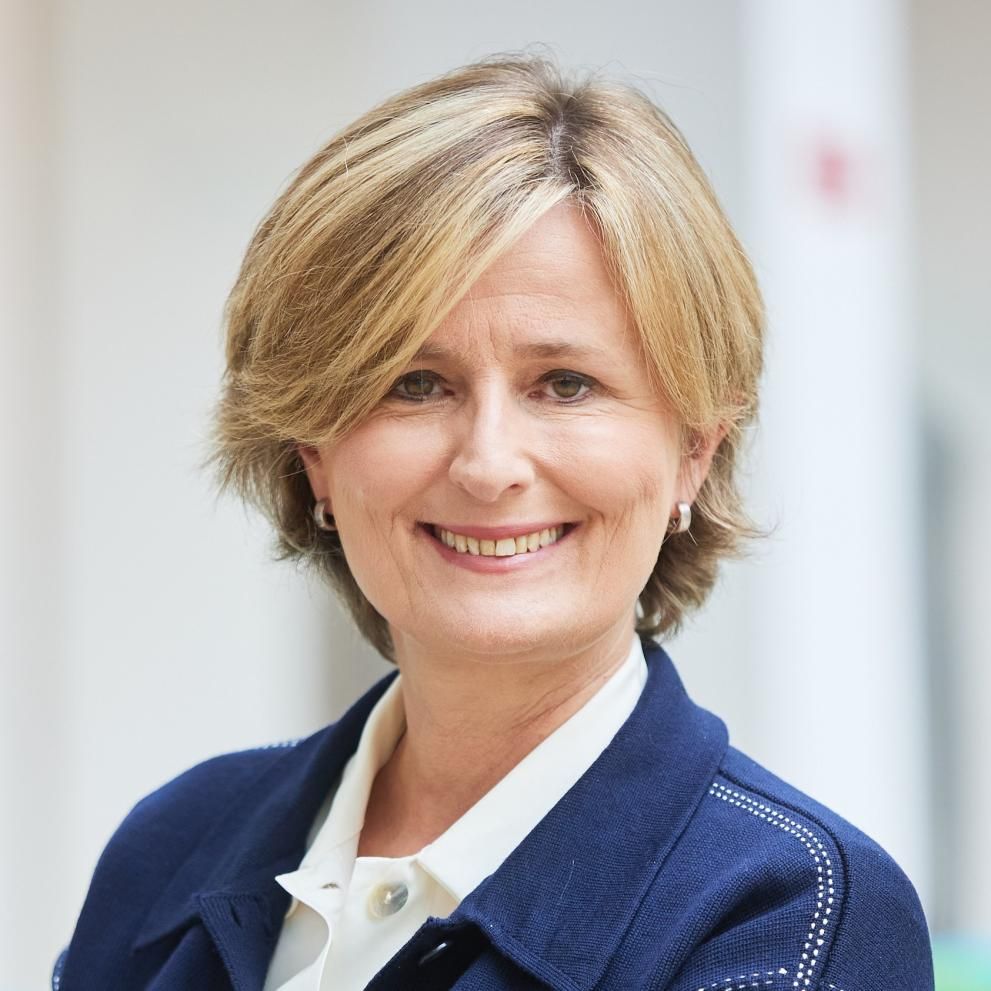
European Commission Director-General, Directorate-General for Communication (DG COMM)
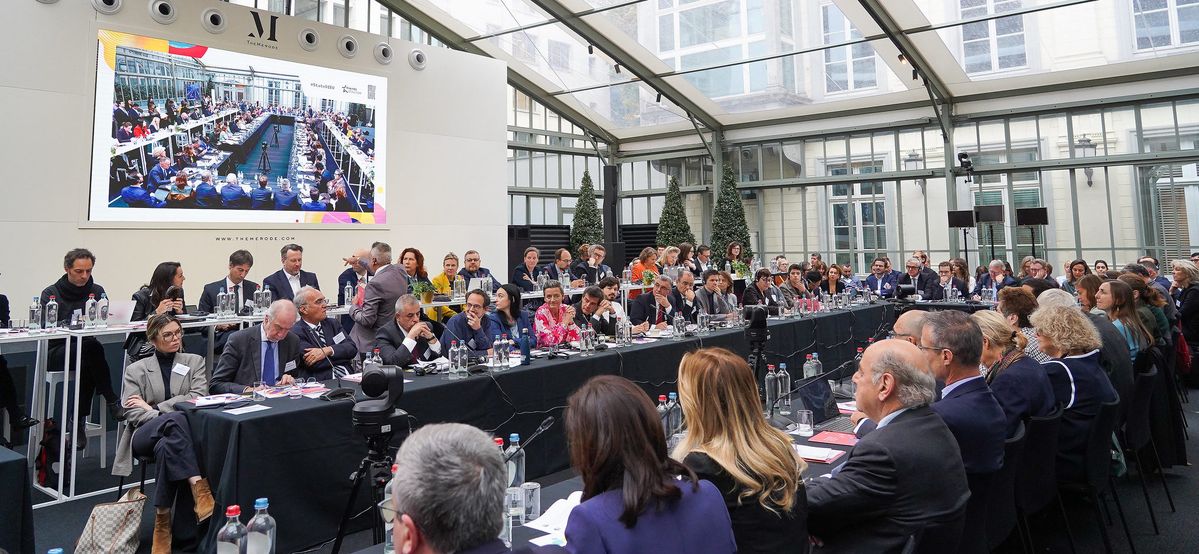
In a year that celebrates the 100th anniversary of Jacques Delors, Europe’s future has never been more at stake – its credentials as a competitor, trading partner and global political actor are all being tested. He believed in a bold and united Europe, one that puts people first. Today, we need that same boldness to renew the promise of Europe: a fairer society, strong global leadership and real care for all its citizens. Will the EU dare to be brave, or will it allow itself to be shaped by external pressures?
In its 22nd edition, the Festival of Politics and Ideas will confront the challenges Europe faces, debate the policies that matter and be bold in resetting Europe’s direction.
Economic strength and security are no longer separate discussions; they are two sides of the same coin. To stay competitive, the EU must shore up supply chains, invest in next-generation technologies and cut reliance on unreliable partners. Meanwhile, defence spending and space capabilities must scale to match the growing global turbulence. The reality is stark: Europe depends too heavily on others for critical resources and military alliances, as has been felt most closely in the context of Russia’s invasion of Ukraine.
Green and digital ambitions dominate EU policy, but bold targets alone will not be enough. To make these transitions a reality, the EU must invest swiftly and decisively in AI, renewables and digital infrastructure – because in the global race for technological and climate leadership, being late means being left behind. Crucially, the EU must also ensure that everyone is on board, keeping in mind that these transitions exist to serve people and communities.
A bigger, smarter EU long-term budget isn’t just policy – it’s a statement of intent. The Multiannual Financial Framework (MFF) is not merely about finance; it’s a political commitment to the European project. At its core, it should foster enterprise, leveraging private sector investment and capital markets to complete the Single Market. The long-term budget must be both resilient and forward-looking – a tool shaped by hindsight and guided by foresight. It should help us stay on the front foot, learning from the past to remain agile and avoid being unprepared for future crises.
The Festival of Politics and Ideas will bring together top policymakers, business leaders and thought pioneers to shape Europe’s future. The stakes couldn’t be higher. Europe must align its values with its ambitions – because in today’s world, standing still is not an option.
This three-day gathering includes the State of Europe high-level roundtable, which has been tapping into collective wisdom for the past 20+ years, the President’s Gala Dinner on the eve of it, the Friends of Europe Board of Trustees meeting, and a meeting of the European Young Leaders, who come from all walks of life to close the festival.
At the State of Europe, European Commissioners, current and former (prime) ministers, CEOs, top representatives of European and international institutions, members of parliaments, mayors, civil society leaders, and media influencers come together for frank and open debates. Friends of Europe’s Trustees and European Young Leaders (EYL40)—a solid pan-European network of up-and-coming leaders, including artists, writers, and entrepreneurs—will also be in attendance. Meanwhile, Debating Europe, our citizen engagement unit, will underpin all discussions with qualitative data generated via its most recent project, Voices for Choices, using citizen-led focus groups and surveys.
Friends of Europe’s Renewed Social Contract remains the key roadmap guiding the content and discussions at the Festival of Politics and Ideas 2025.
This event is by invitation only.
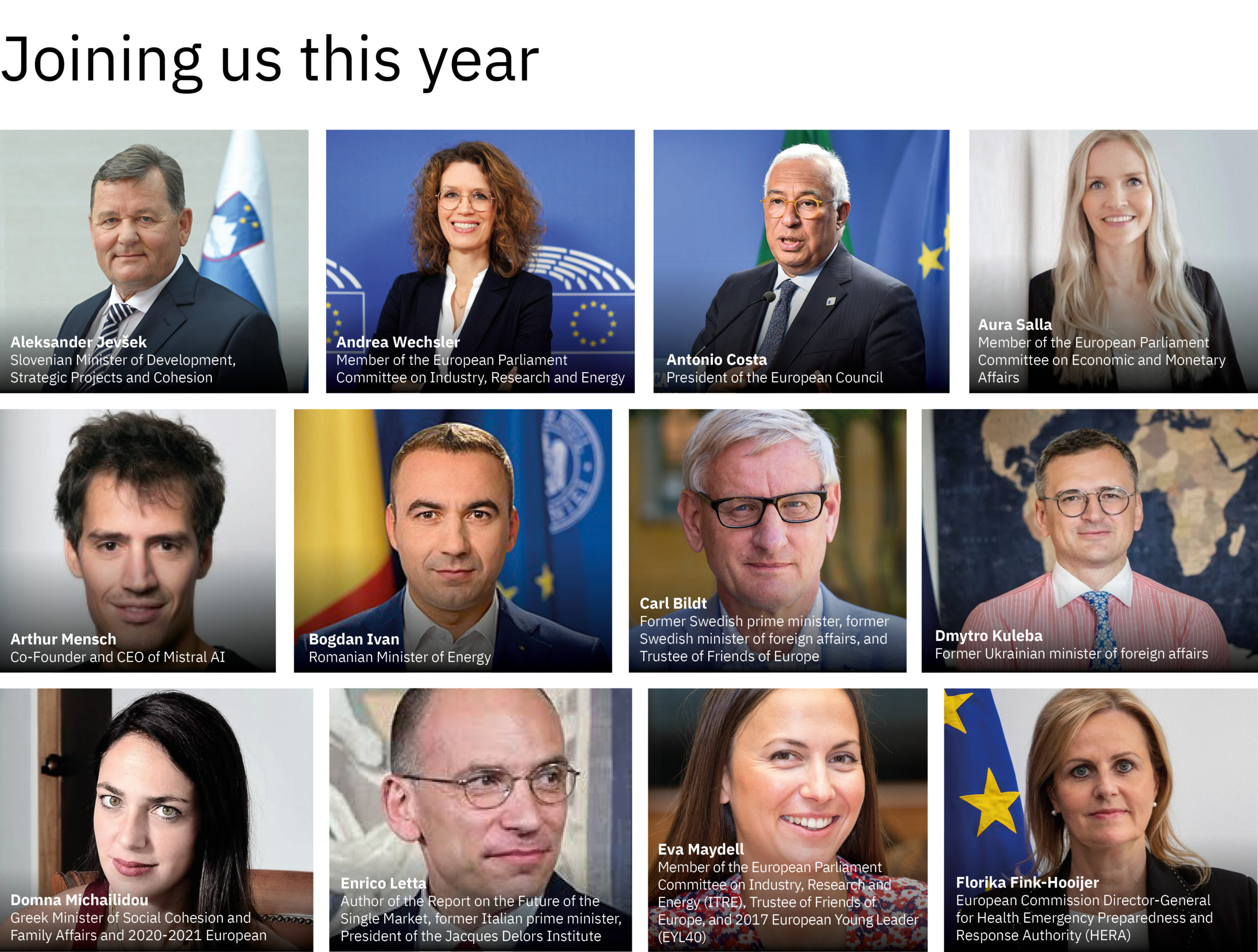
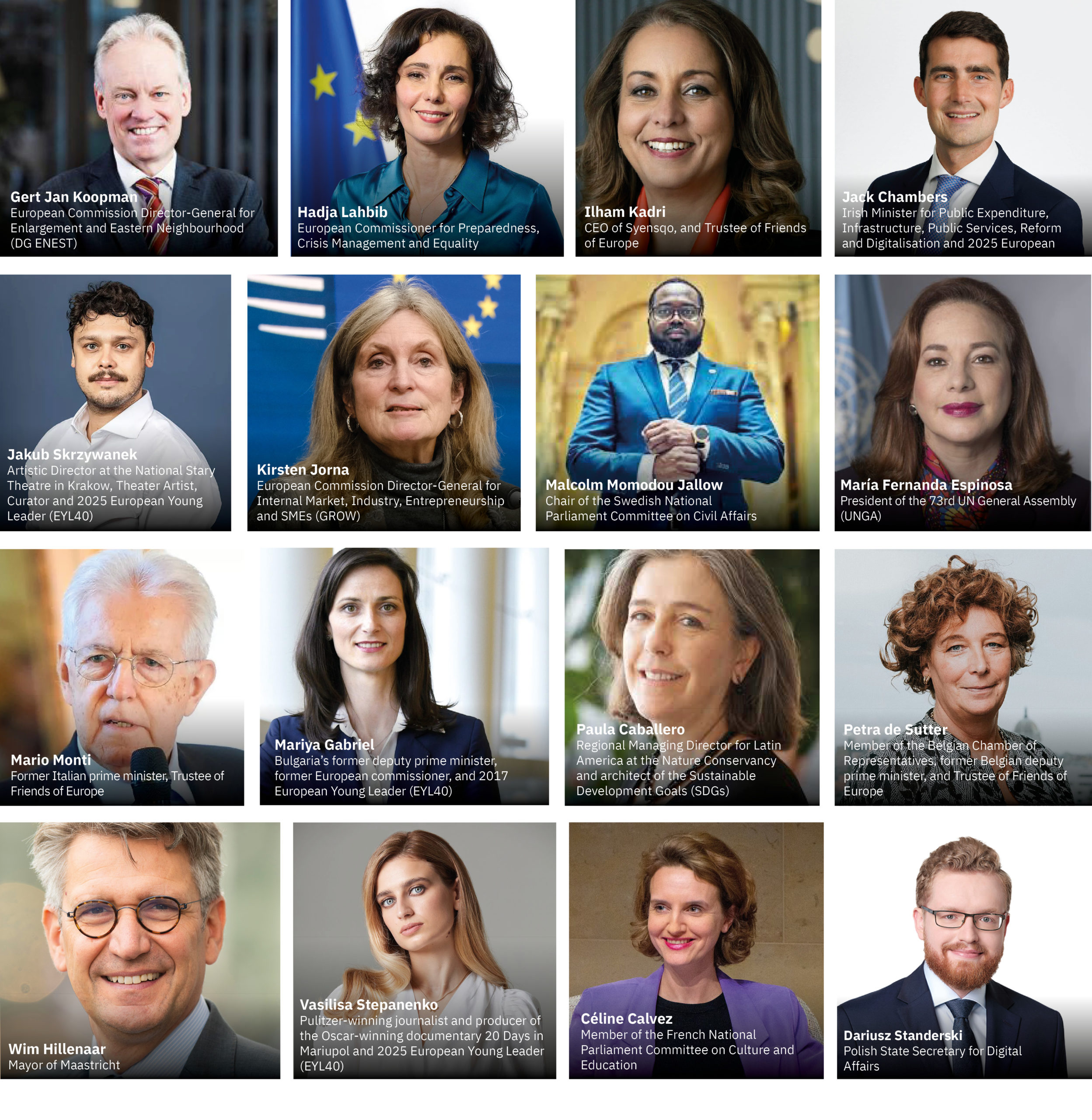

European Commission Director-General, Directorate-General for Communication (DG COMM)
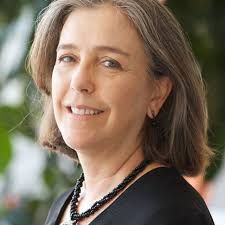
Regional Managing Director for Latin America at the Nature Conservancy and architect of the Sustainable Development Goals (SDGs)
Paula Caballero is a Colombian diplomat and sustainability leader who currently serves as The Nature Conservancy’s Regional Managing Director for Latin America. She is internationally recognised as the architect of the United Nations Sustainable Development Goals (SDGs), a landmark framework designed to achieve a more equitable and sustainable future for all. For her visionary role in shaping the SDGs, she has received global awards, including the Zayed International Prize for the Environment and the German Sustainability Award. Before joining The Nature Conservancy, Caballero held senior positions at organisations such as the World Bank, the World Resources Institute, and Colombia’s Ministry of Foreign Affairs. She has led international programmes on climate, biodiversity, and sustainable development, always championing equity and global cooperation. Deeply committed to transformative environmental action, she continues to drive impactful partnerships across Latin America, one of the world’s most biodiverse regions.
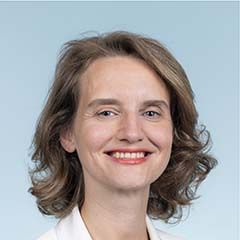
Member of the French National Parliament Committee on Culture and Education
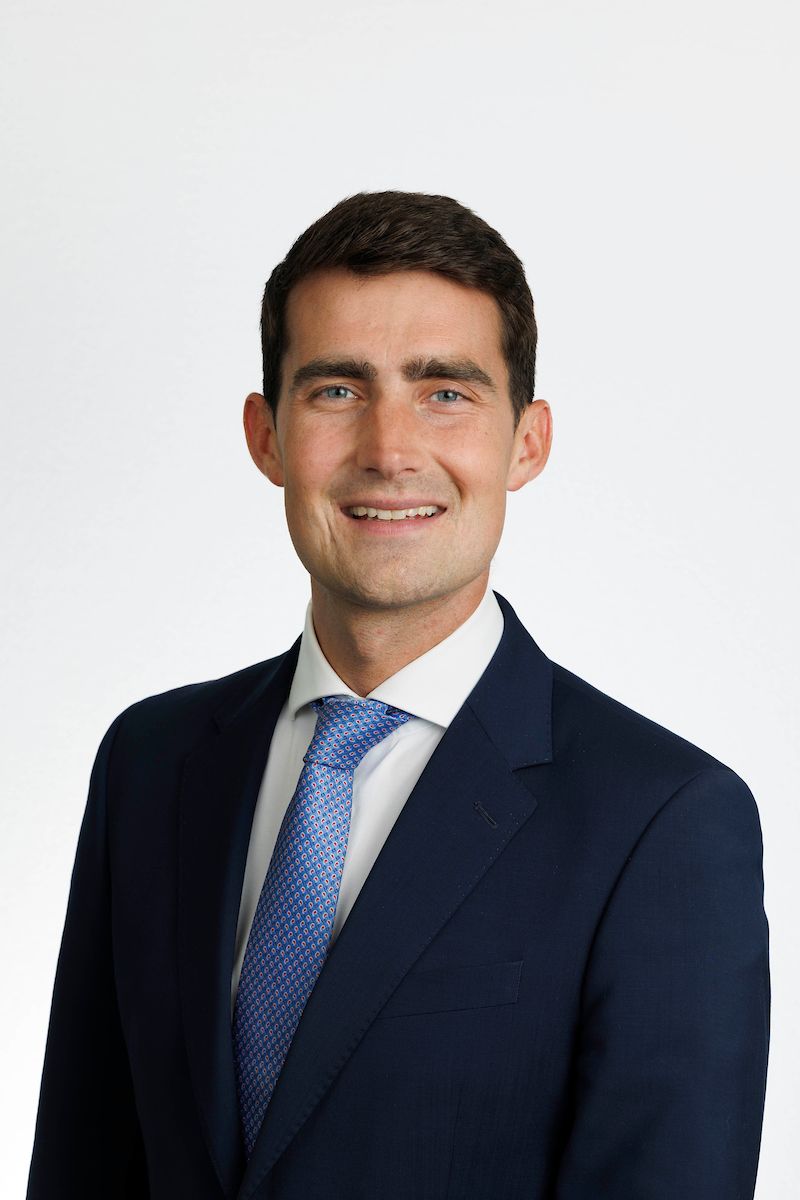
Ireland’s Minister for Public Expenditure, Infrastructure, Public Service Reform and Digitalisation, and 2025 European Young Leader (EYL40)
Currently serving as Ireland’s Minister for Public Expenditure, Infrastructure, Public Service Reform and Digitalisation, Jack Chambers is also Deputy Leader of Fianna Fáil and played a leading role in the party’s success in legislative elections held in November 2024. Previously, he was notably appointed as Ireland’s youngest Minister for Finance in over a century. A medical doctor, Chambers was first elected to Parliament in 2016 at 25, its youngest member. He has held ministerial positions in the departments of transport, defence, and environment, climate and communications, as well as serving in Government.
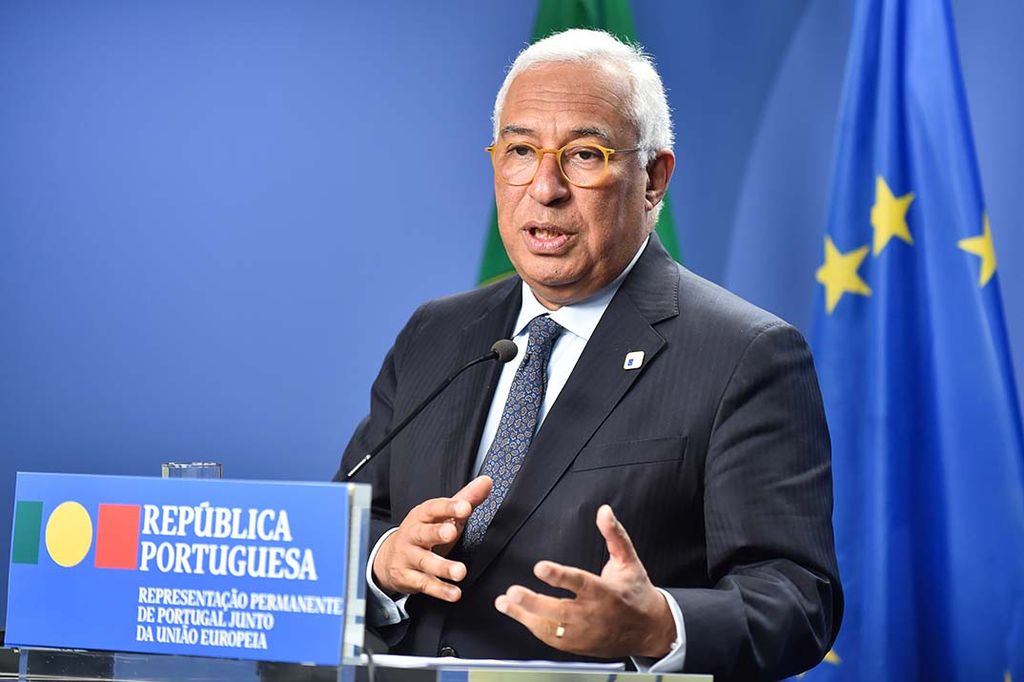
President of the European Council
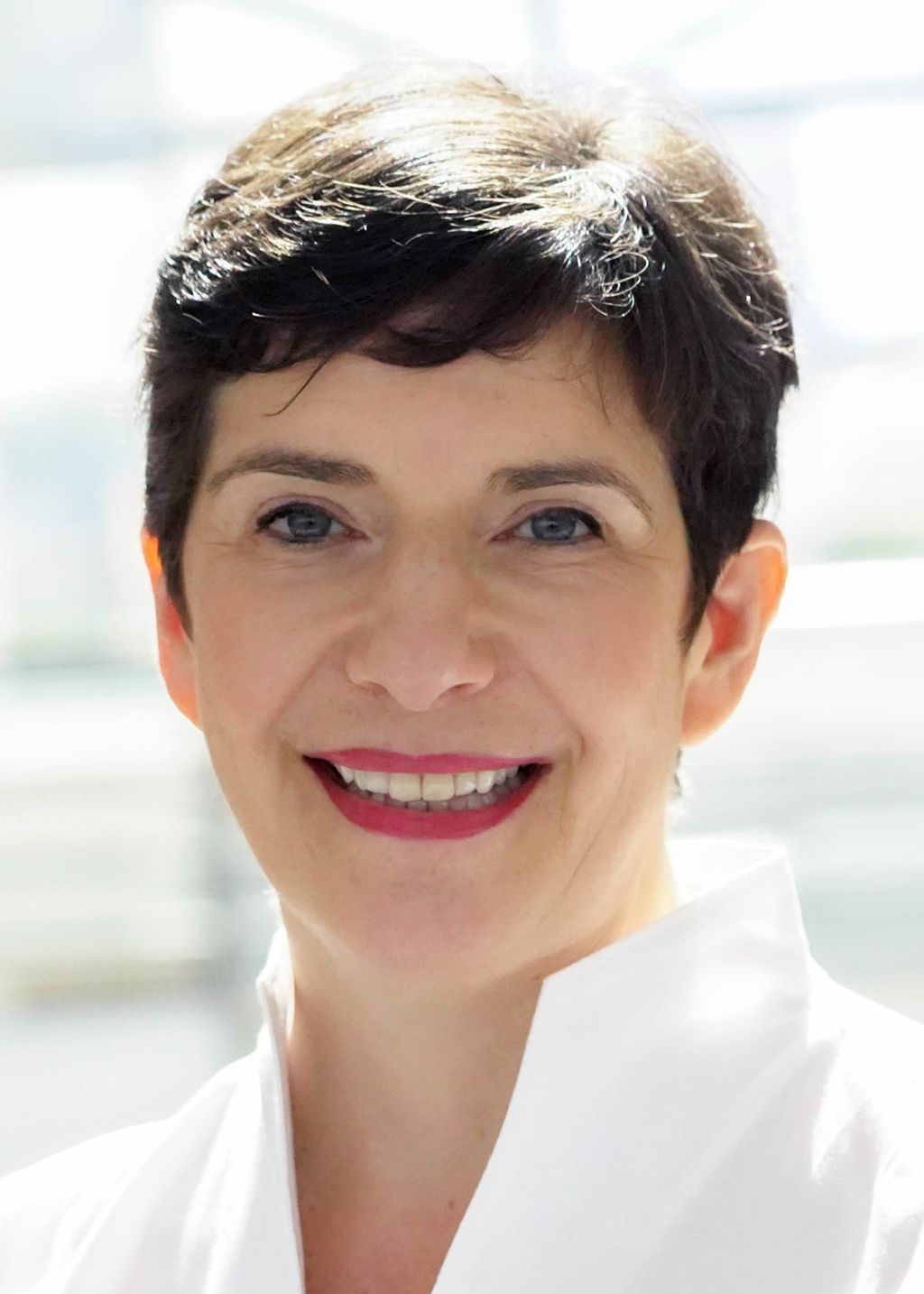
Member of the European Parliament Committee on Constitutional Affairs (AFCO)
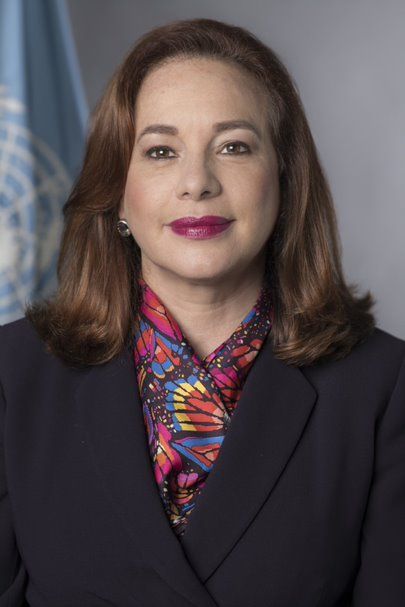
Executive Director of GWL Voices and former president of the UN General Assembly
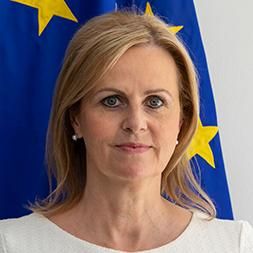
European Commission Director-General for Health Emergency Preparedness and Response Authority (HERA)
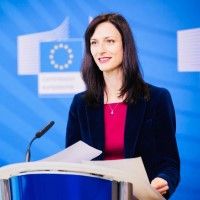
Former deputy prime minister of Bulgaria, former European commissioner and European Young Leader (EYL40)
Having previously served as the commissioner for digital economy and society, Mariya currently serves as the European Commissioner for Innovation, Research, Culture, Education and Youth Digital Economy and Society. Mariya is a former member of the European Parliament, in which role she was active as both the head of the Bulgarian European People’s Party (EPP) delegation and vice-president of the EPP party. She was also involved in a wide range of parliamentary committees, having served as the EPP Group coordinator for the Committee on Women’s Rights and Gender Equality (FEMM), and as a member of the committees on agriculture and rural development (AGRI); civil liberties, justice and home affairs (LIBE); petitions (PETI); and the special committee on organised crime, corruption and money laundering (CRIM). The recipient of several international awards, she is passionate about initiatives related to young people and has established six European information centres in Bulgaria.
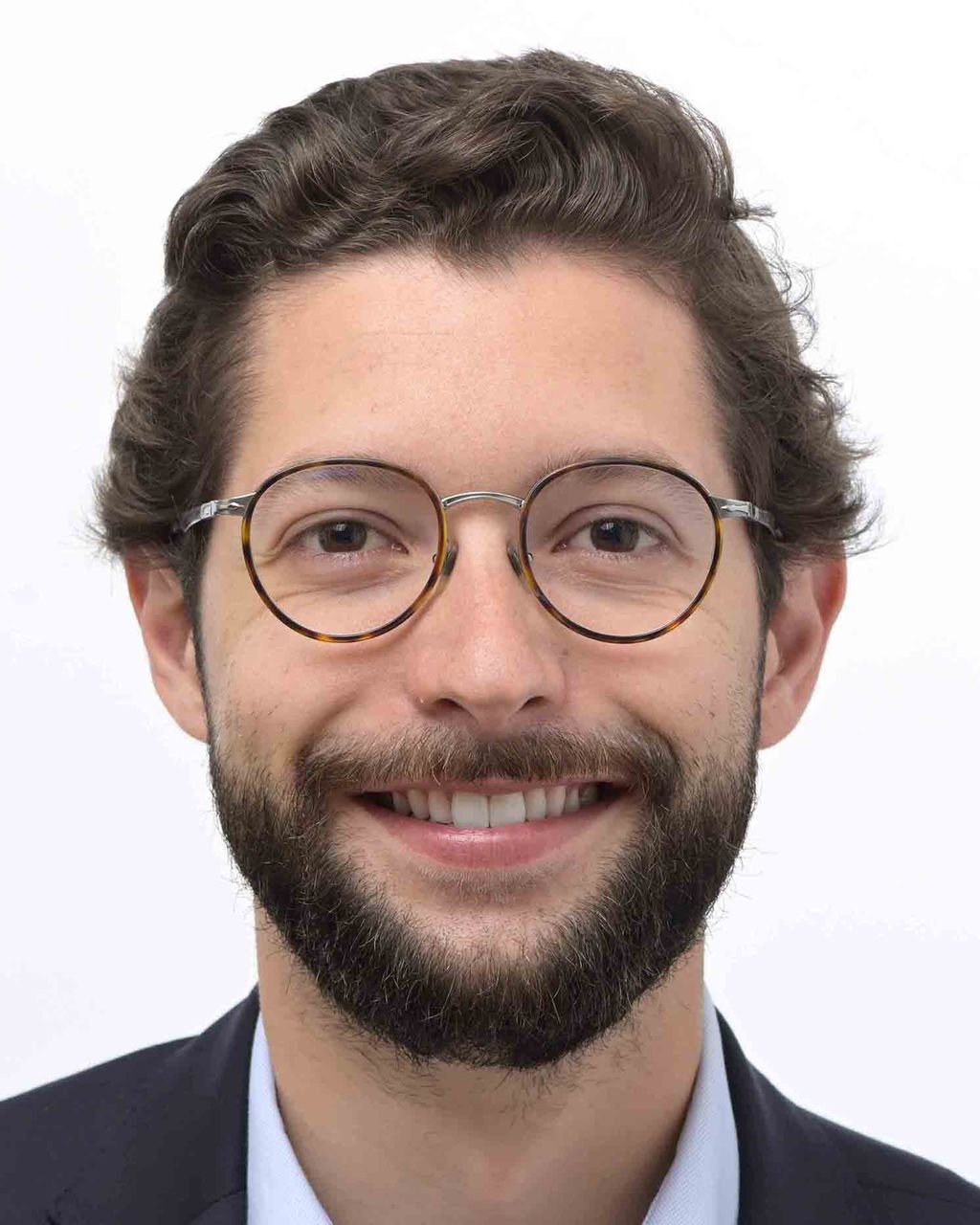
Member of the European Parliament Committee on Industry, Research and Energy (ITRE)
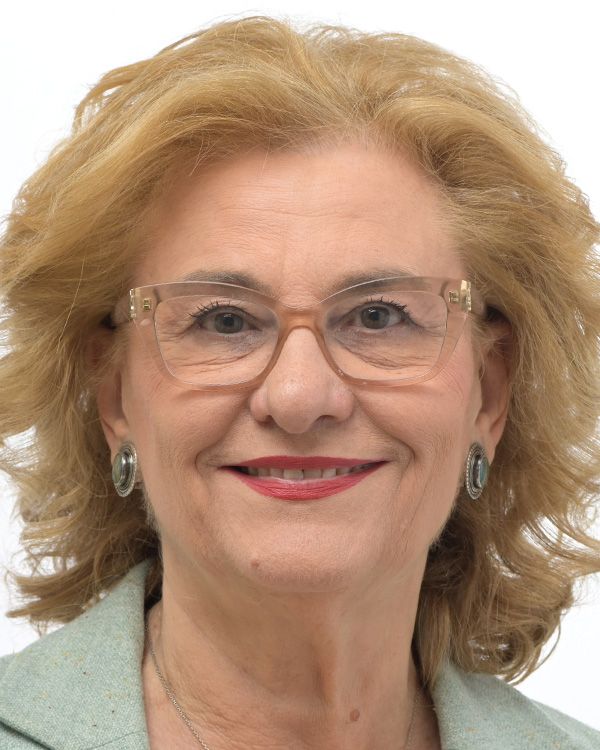
Vice-Chair of the European Parliament Committee on Internal Market and Consumer Protection (IMCO)
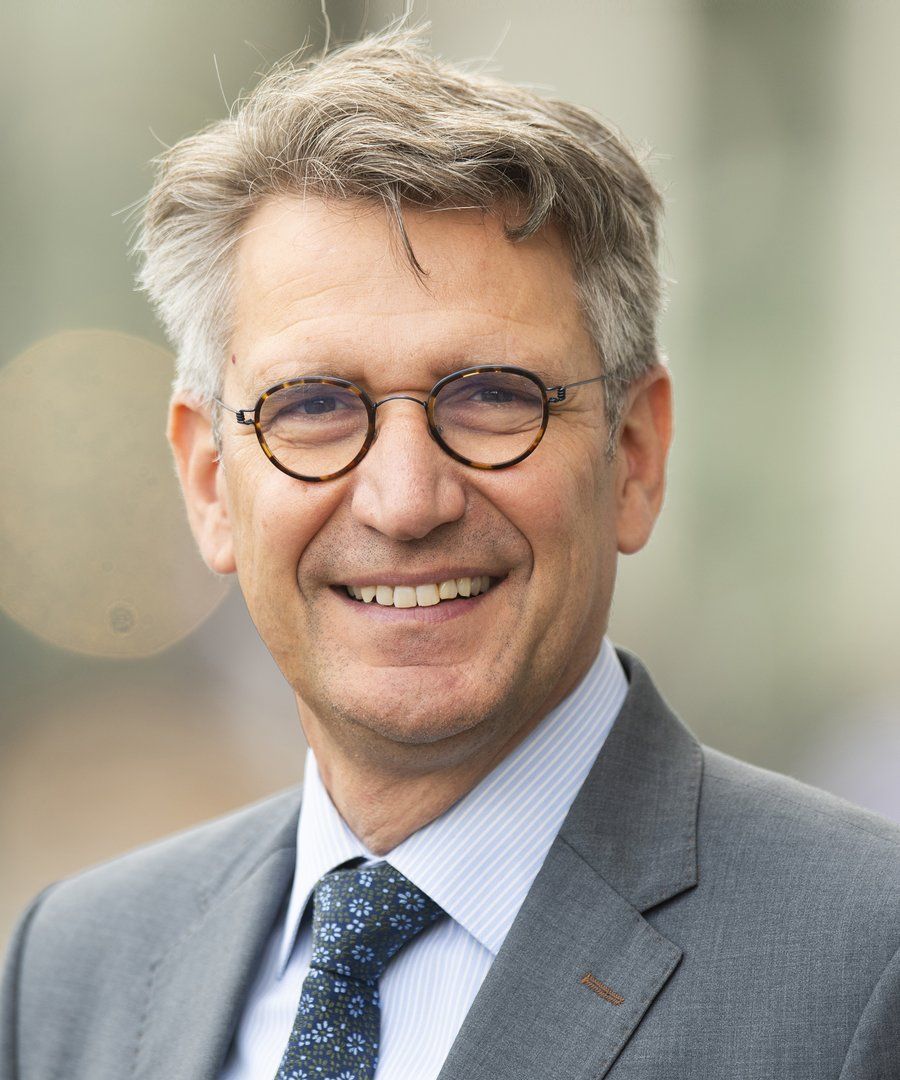
Mayor of Maastricht
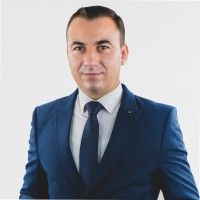
Romanian Minister for Energy
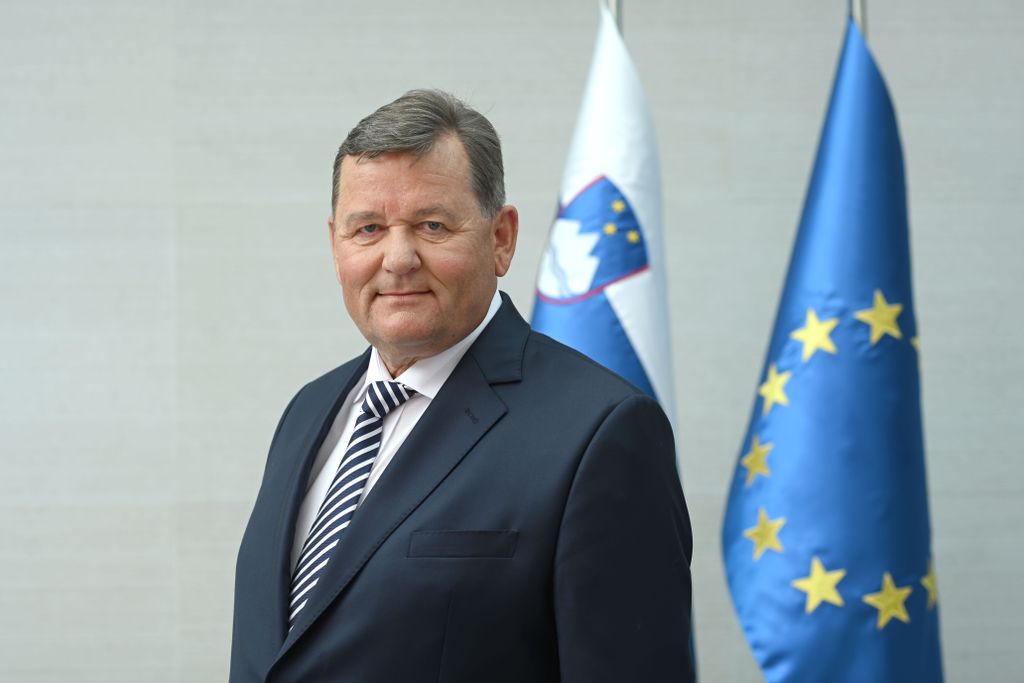
Slovenian Minister of Development, Strategic Projects and Cohesion
Aleksander Jevšek is a Slovenian politician who currently serves as Minister of Cohesion and Regional Development. Previously, he spent three decades in leadership roles within the Slovenian Police, including four years as Director of the Criminal Police Directorate. Between 2012 and 2014, he worked as an expert on a European Commission project supporting Bosnia and Herzegovina in aligning its criminal legislation with EU standards. Since 2014, he has served as Mayor of Murska Sobota, where he led numerous EU-funded development projects and twice chaired the Association of Municipalities and Towns of Slovenia.
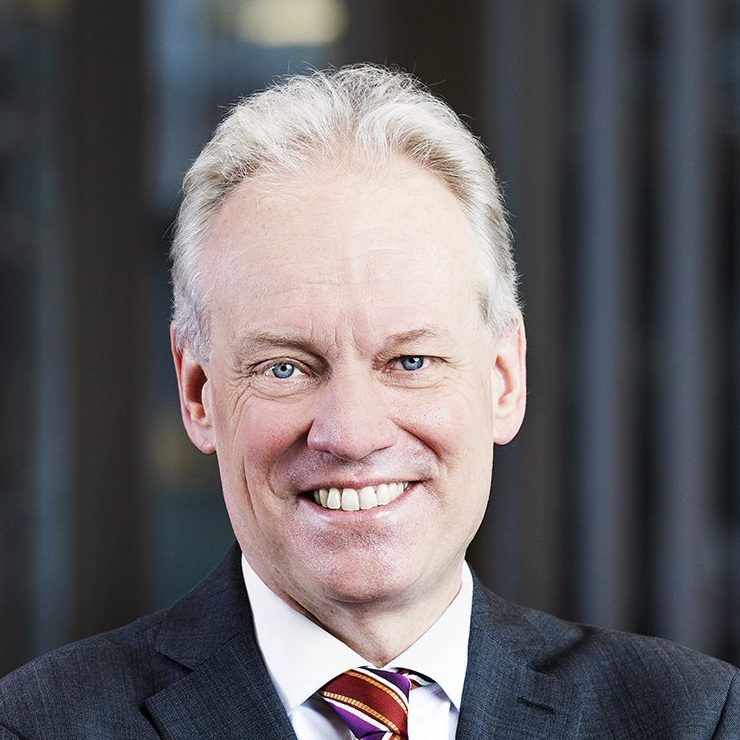
European Commission Director-General for Enlargement and Eastern Neighbourhood (DG NEAR)
Gert Jan Koopman is the Director-General for Enlargement and Eastern Neighbourhood. Prior to this, he served as the director-general of the European Commission’s budget department. In this role, he contributed to putting in place the European Union’s €800bn NextGenerationEU recovery plan, as well as the €18bn MFA+ for Ukraine. He has worked to enable its financing on the capital markets through a sovereign-style funding system. Having served the EU for nearly three decades, Koopman was previously in charge of state aid control at the Commission’s Directorate-General for Competition. His earlier assignments included senior management posts in the department for economic and financial affairs, the Commission’s economic service, as well as enterprise and industry, which supervises the smooth running of the single market.
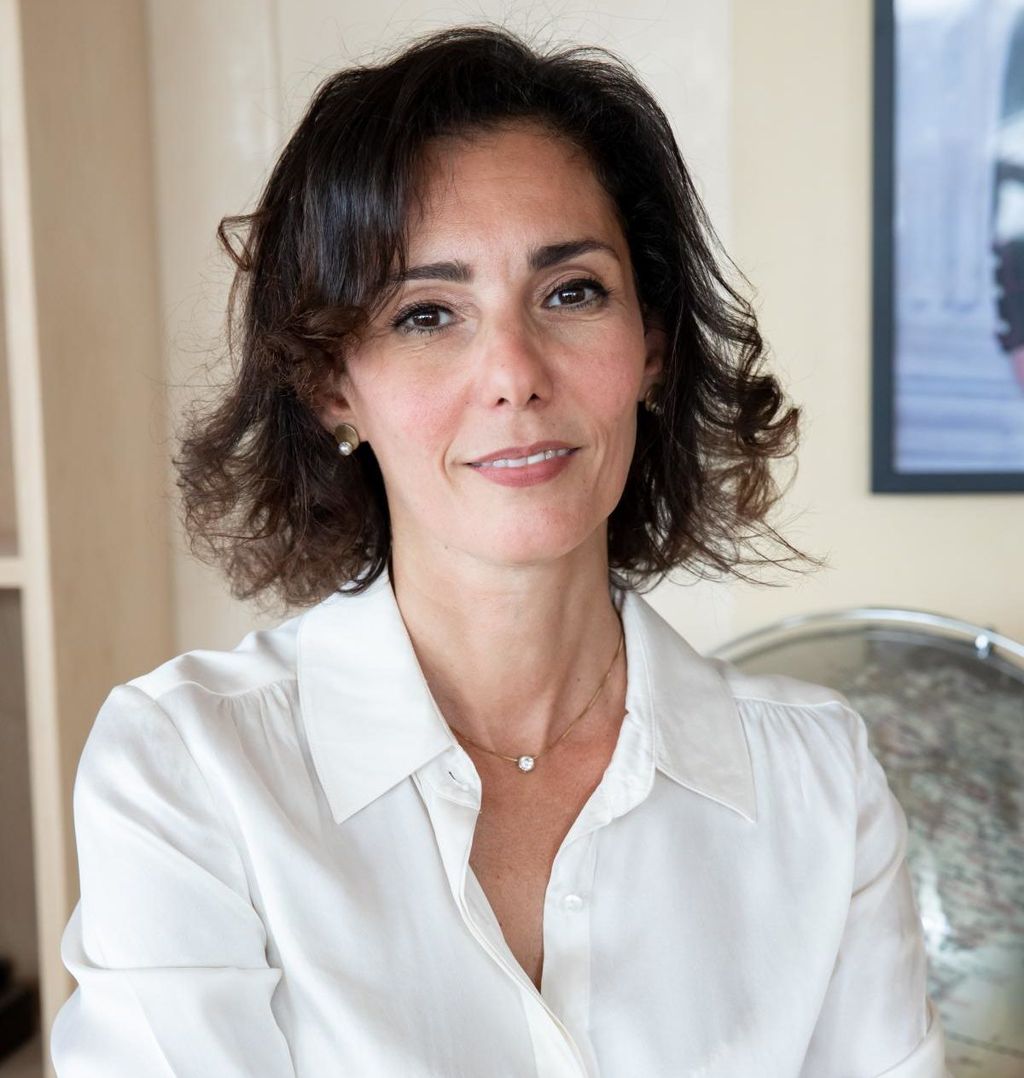
European Commissioner for Preparedness, Crisis Management and Equality
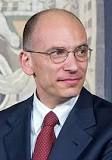
Author of the report on the future of the single market, President of the Jacques Delors Institute, and former Italian prime minister
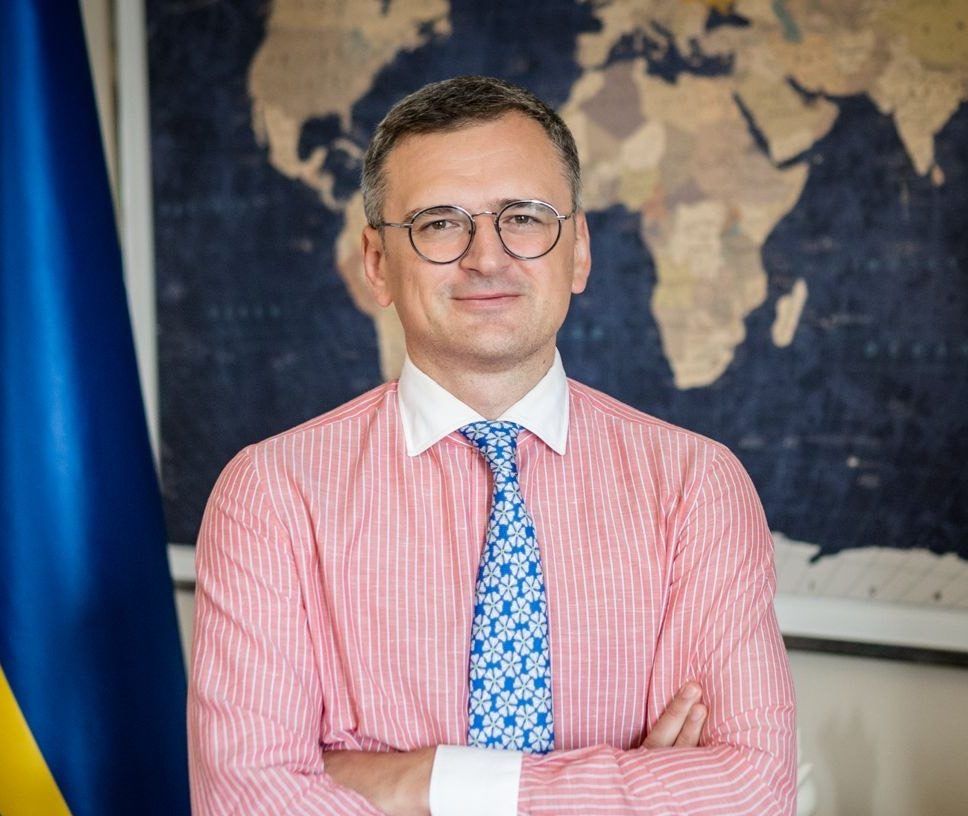
Former minister of Foreign Affairs of Ukraine
Dmytro Kuleba served as Ukraine’s Minister of Foreign Affairs from 2020 to 2024, leading the country’s diplomatic efforts during the Russian invasion. As the youngest foreign minister in Ukraine’s history, he played a central role in forging alliances, securing military and political support and advancing Ukraine’s European Union and NATO aspirations. Under his leadership, the ministry became a pioneer in wartime communications, introducing the world’s first AI-driven spokesperson. Kuleba is a Senior Fellow at the Belfer Center, an Associate Professor at Sciences Po, and a Distinguished Fellow at the European Council on Foreign Relations. He is the author of “The War for Reality: How to Win in the World of Fakes, Truths, and Communities”.
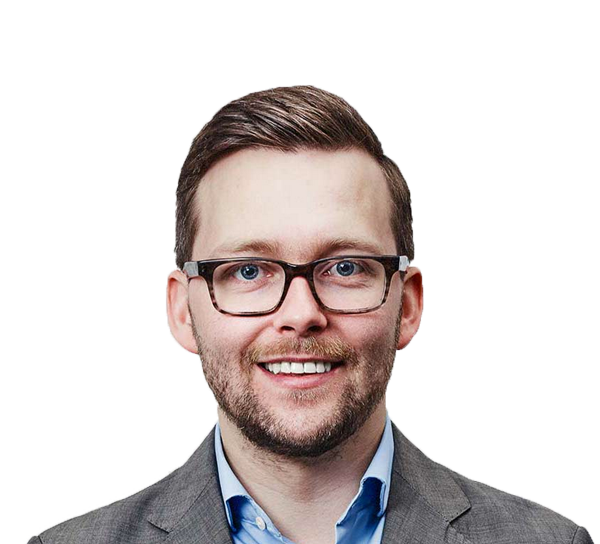
Vice-Chair of the Finnish National Parliament Committee on Transport and Communications
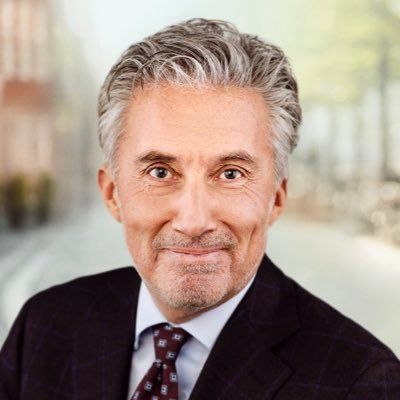
Member of the European Parliament Committee on Industry, Research and Energy (ITRE)
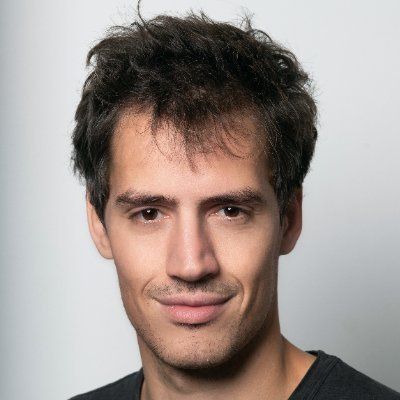
Co-Founder and CEO of Mistral AI
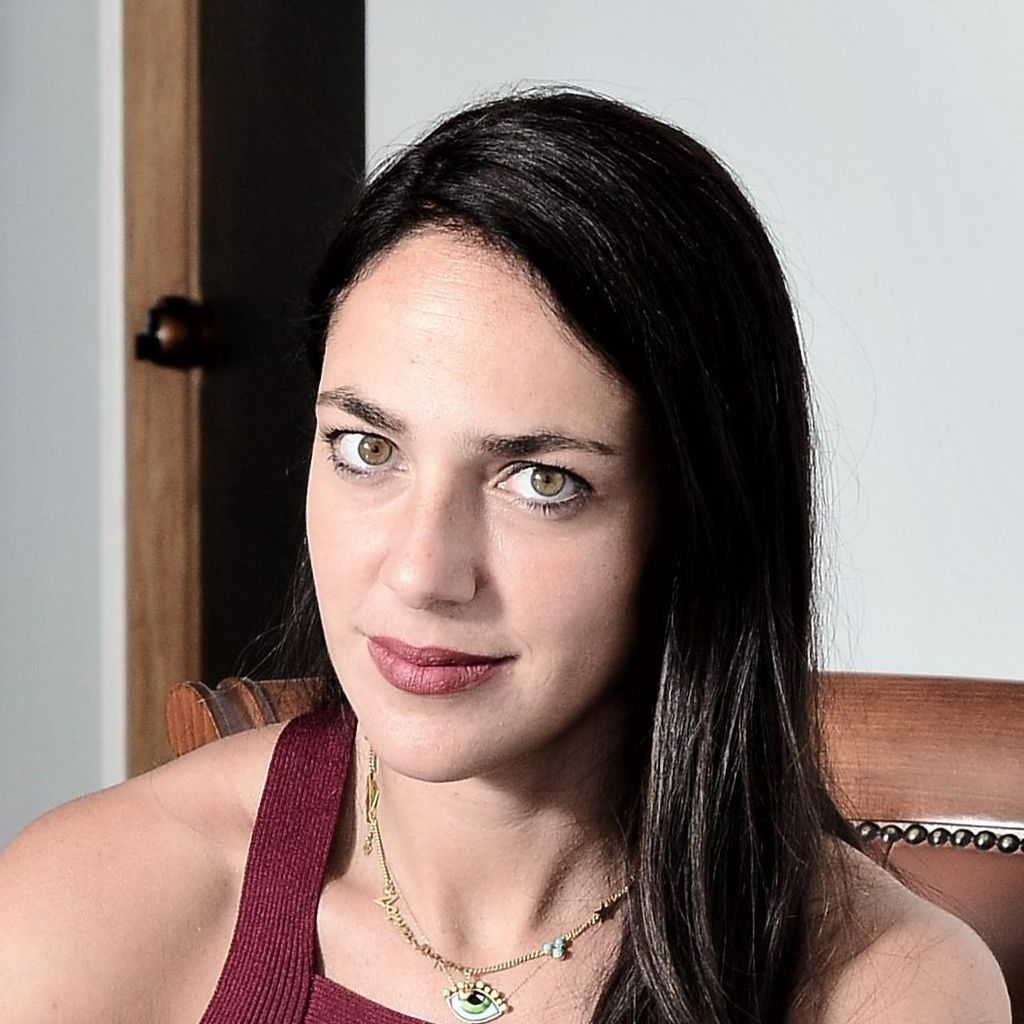
Greek Minister of Social Cohesion and Family Affairs and 2020-2021 European Young Leader (EYL40)
Domna Michailidou is a Greek politician and economist currently serving as Minister for Social Cohesion and Family Affairs. She has held several deputy ministerial roles in the Greek government and previously served as reforms advisor to Prime Minister Kyriakos Mitsotakis. Michailidou focuses on growth strategy, capital markets and public finance, and has worked with international institutions including the United Nations Development Programme, the British Council and the Food and Agriculture Organization. She has also served as an economist and competition expert at the Organisation for Economic Co-operation and Development in both Paris and Athens. Alongside her policy work, Michailidou teaches economics at the University of Cambridge and University College London, and has authored several publications and books. Her work bridges academic insight and public policy to promote inclusive economic development.
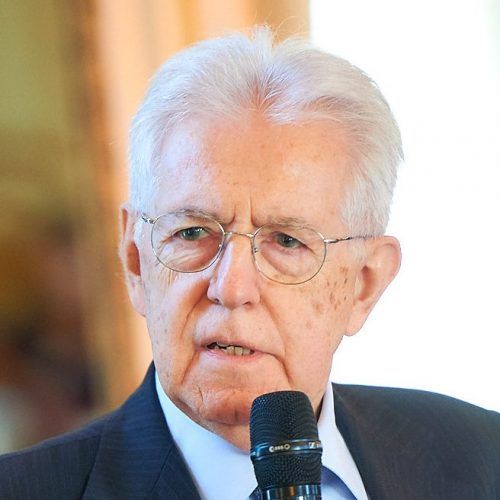
Former Italian prime minister and Trustee of Friends of Europe
A distinguished economist, Mario Monti has cemented his reputation as a committed supporter of the single currency and a talented negotiator leading a government of technocrats in the wake of the Italian debt crisis in late 2011. Most recently, he chaired the High-Level Group on Own Resources, a consultative committee of the European Union, aimed at proposing new forms of revenue for the European Union’s budget, which resulted in the final report “Future Financing of the EU”, arguing for new tax sources.
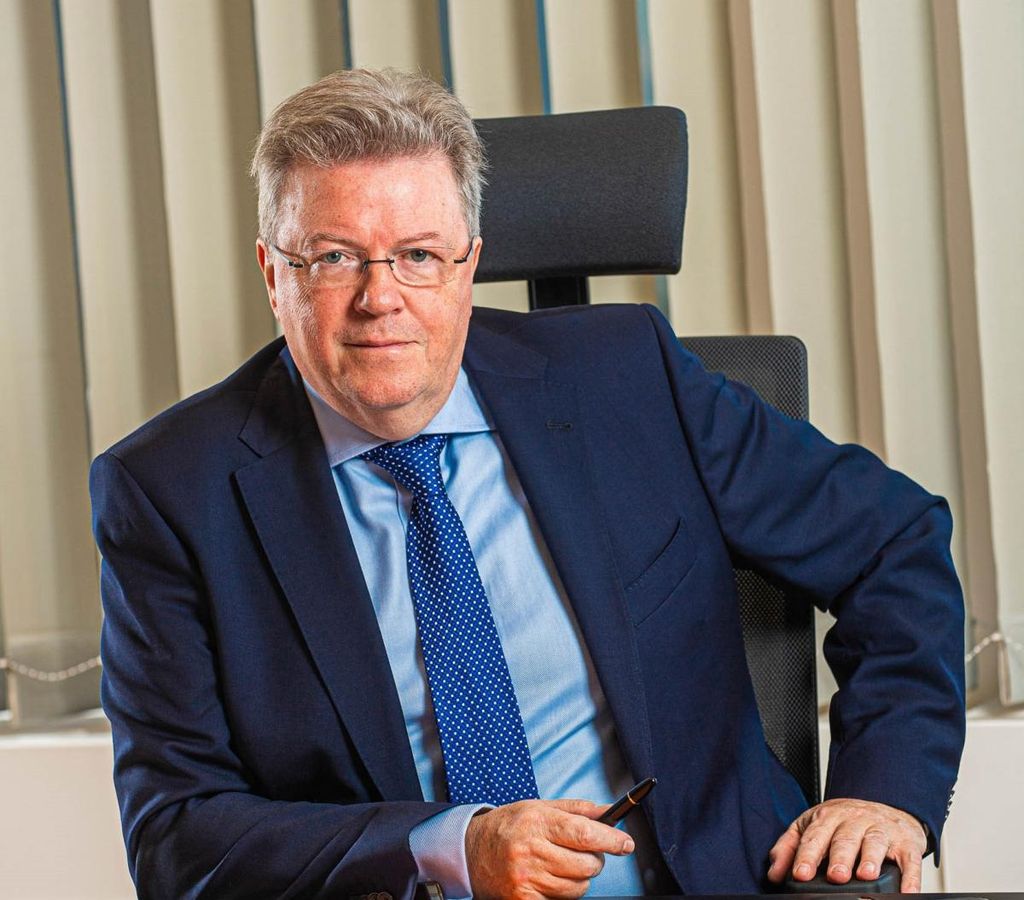
Permanent Representative of Belgium to the European Union
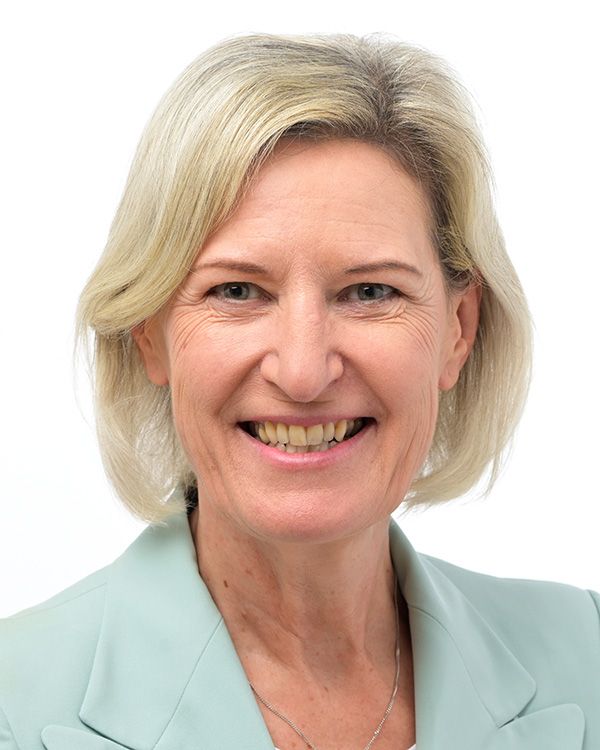
Member of the European Parliament Committee on Industry, Research and Energy (ITRE)
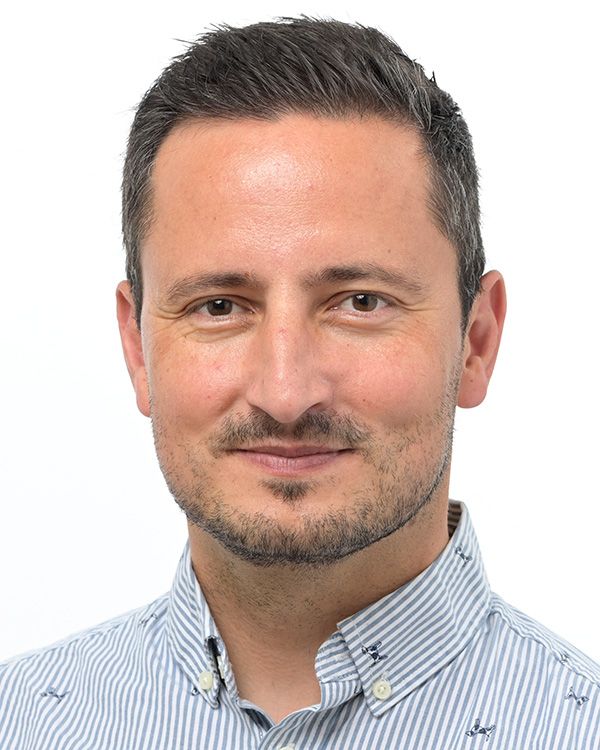
Vice-President of the European Parliament
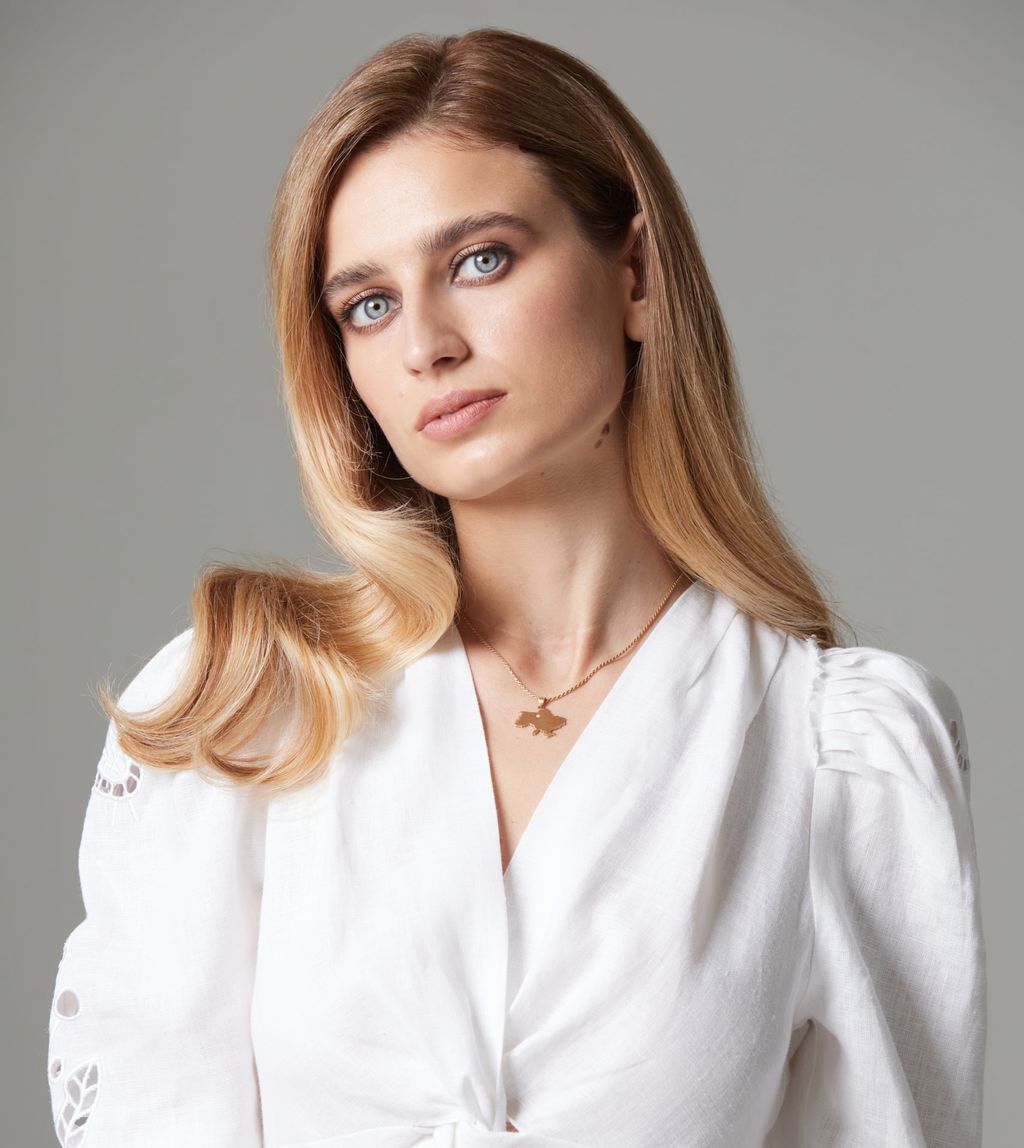
Ukrainian Pulitzer Prize-winning journalist, video producer and 2025 European Young Leader (EYL40)
Vasilisa Stepanenko is a Ukrainian video journalist and correspondent for the Associated Press (AP), based in Kyiv. Focused on human rights and social justice amid the war in Ukraine, she was one of the few international journalists to remain in Mariupol during its siege, capturing images that played a crucial role in urging international leaders to open a humanitarian corridor. Stepanenko and her team won the Pulitzer Prize for Public Service for the reporting from Mariupol and investigations of war crimes in the city committed by Russia, making her one of the youngest recipients of the award. She was also the field producer of “20 Days in Mariupol”, a documentary exposing the human cost of the war, which won both an Oscar and a BAFTA for Best Documentary.
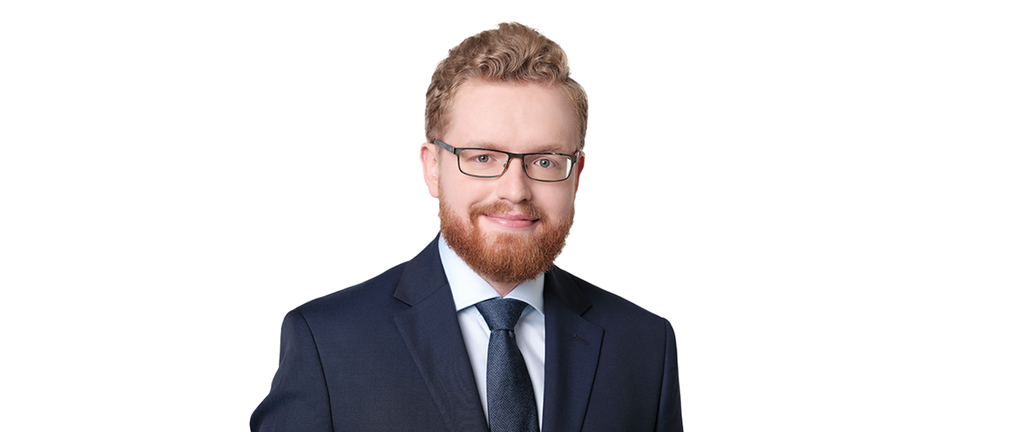
Polish State Secretary for Digital Affairs
Dariusz Standerski is a Polish economist and lawyer who currently serves as State Secretary at the Ministry of Digitalisation. He was a Professor at the Faculty of Economic Sciences at the University of Warsaw and has held key roles in both civil society and public institutions, including as Lead Economist and Management Board Member of the Kalecki Foundation, and Director of Legislation at the Left Parliamentary Club. He has authored over 200 draft laws in the fields of economic and social policy and co-authored “Digital State: Strategy for Poland”, a comprehensive programme outlining Poland’s digital transformation within the European and global context. A committed advocate for inclusive digital policy, he is also a member of the Poznań branch of the Polish Economic Society and serves on the National Board of the New Left party.
We use cookies and similar technologies to adjust your preferences, analyze traffic and measure the effectiveness of our campaigns. Learn more about our privacy policy.